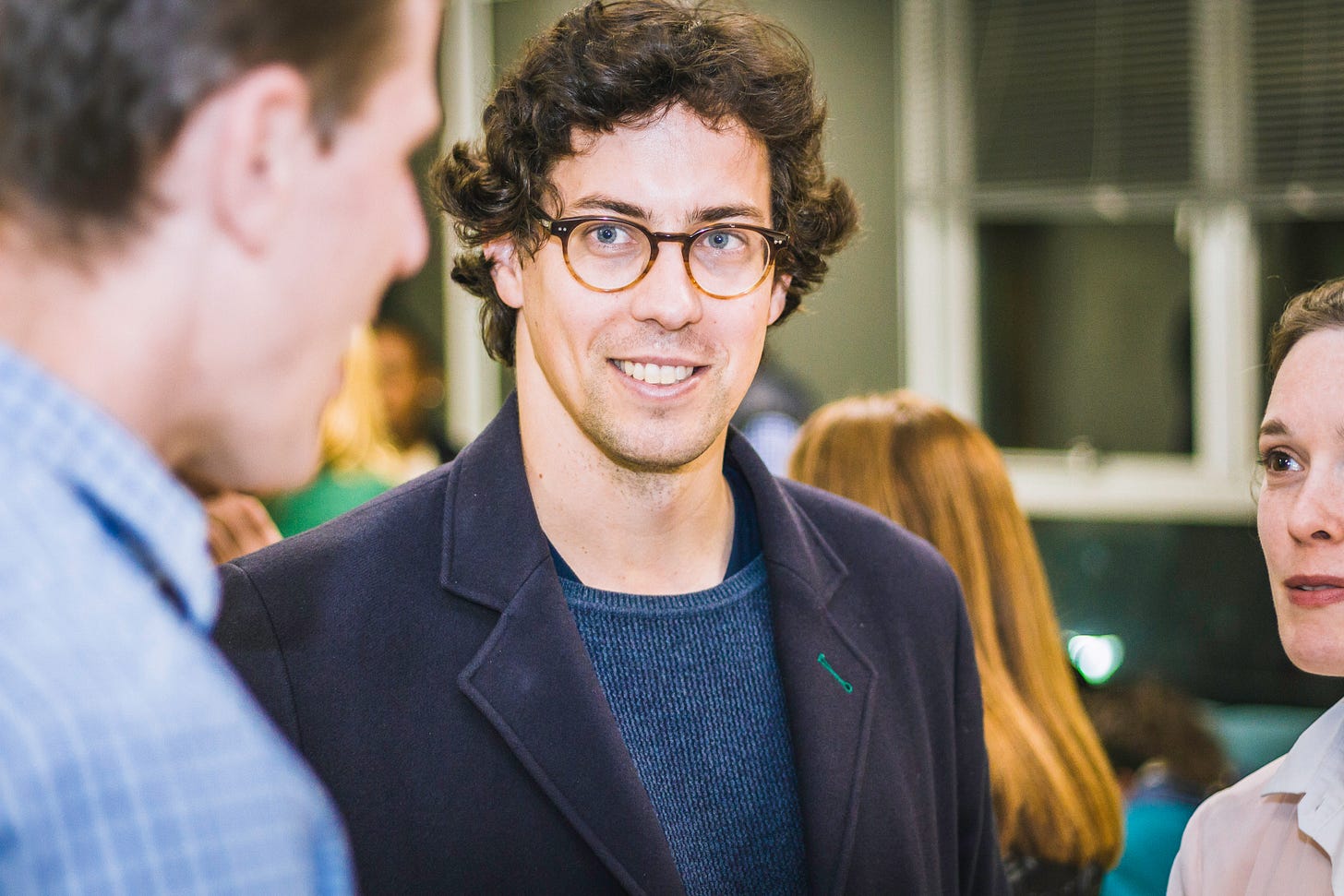Onwards and upwards

I turn 35 today. I've heard a theory that increments of seven are momentous birthdays. I can see that. 14. 21. 28. And now, 35. I don't feel much older, except for the fact that my body still hurts after Saturday's half-marathon. Recovery just takes a little longer.
It has been a busy month, as the low frequency of my blog posts will illustrate. LEAP hosted the 7th African Economic History Network meetings, from 25 to 27 October, with more than 80 participants. The LEAP page on Facebook has all the photos from the conference. Emmanuel Akyeampong delivered the second LEAP Lecture (which should be available as a working paper soon) to start the conference, and Trudi Makhaya the final keynote. As I noted in my welcoming address, the remarkable thing about the AEH network is the young average age of participants. I also thought the quality of the presentations were excellent: an increase not only of the quantity but also the quality of research.
LEAP hosted another workshop on Monday and Tuesday. The workshop, sponsored by Utrecht University's Centre for Global Economic History, was on 'Time preference and time horizon'. I delivered the final keynote. My argument was that, just as our future orientation affects our current decisions, so do our perspectives on the past. We live in the Age of Nostalgia, as some recent scholars have argued, constructing an often romanticized version of history, and such (biased) views can have political and economic consequences. Think Trump and Brexit.
Welcoming people to Stellenbosch is always nice. I enjoyed many fruitful discussions over good wine with great friends. Now, though, it is time for a return to research before I accompany a group of Stellenbosch students on our annual trip to Leuven – more on that later – and then present at Utrecht, Gothenberg, Lund and Bologna.
It's raining in Stellenbosch; a surprising, unexpected rain. That can only be a good sign of things to come.

